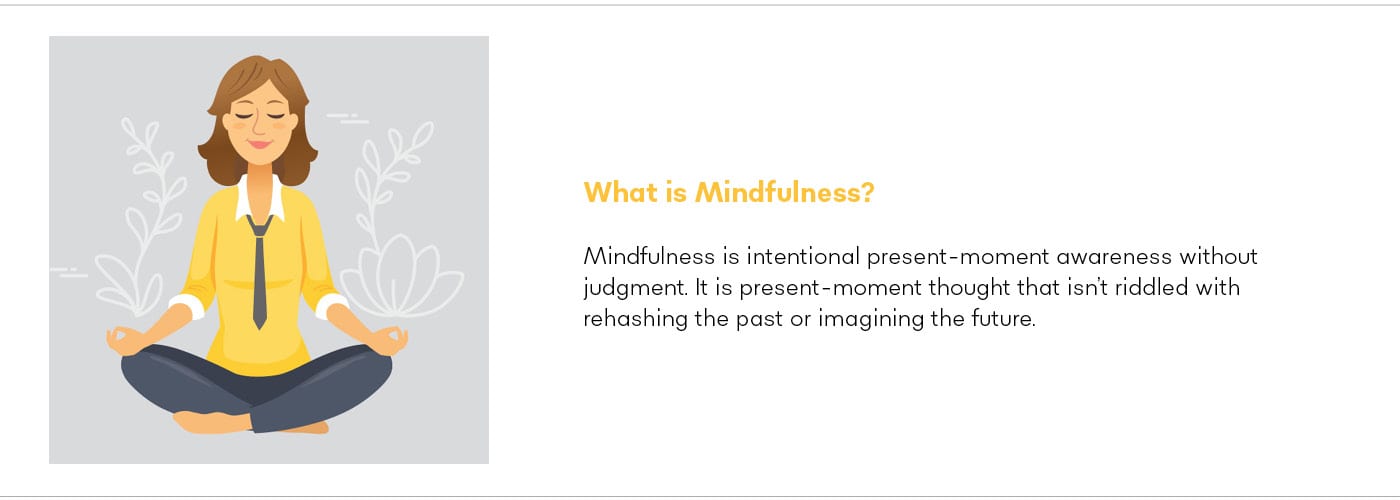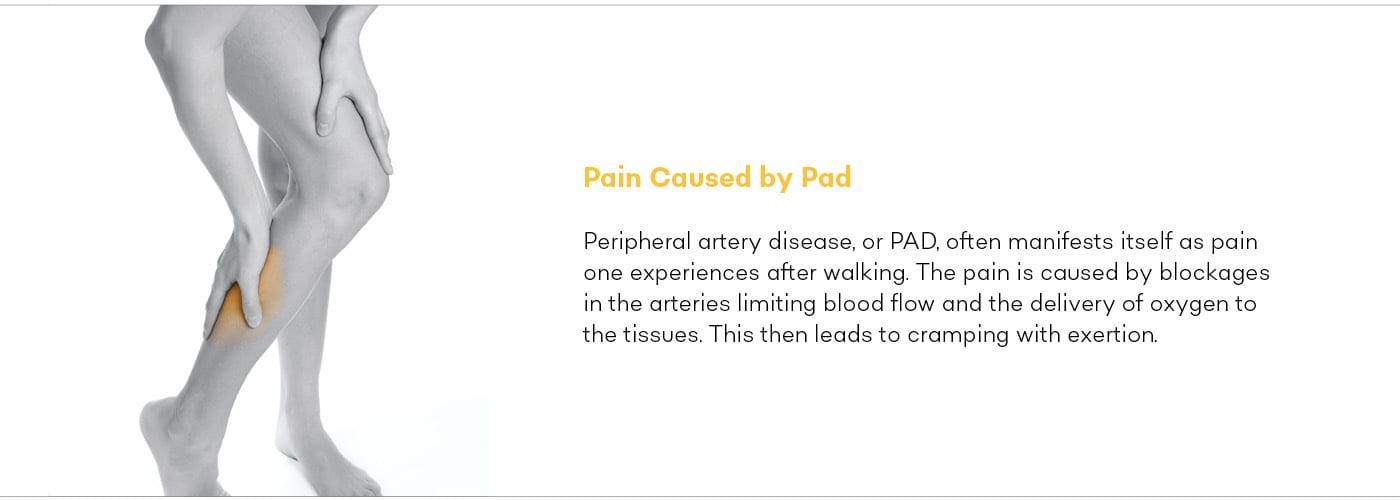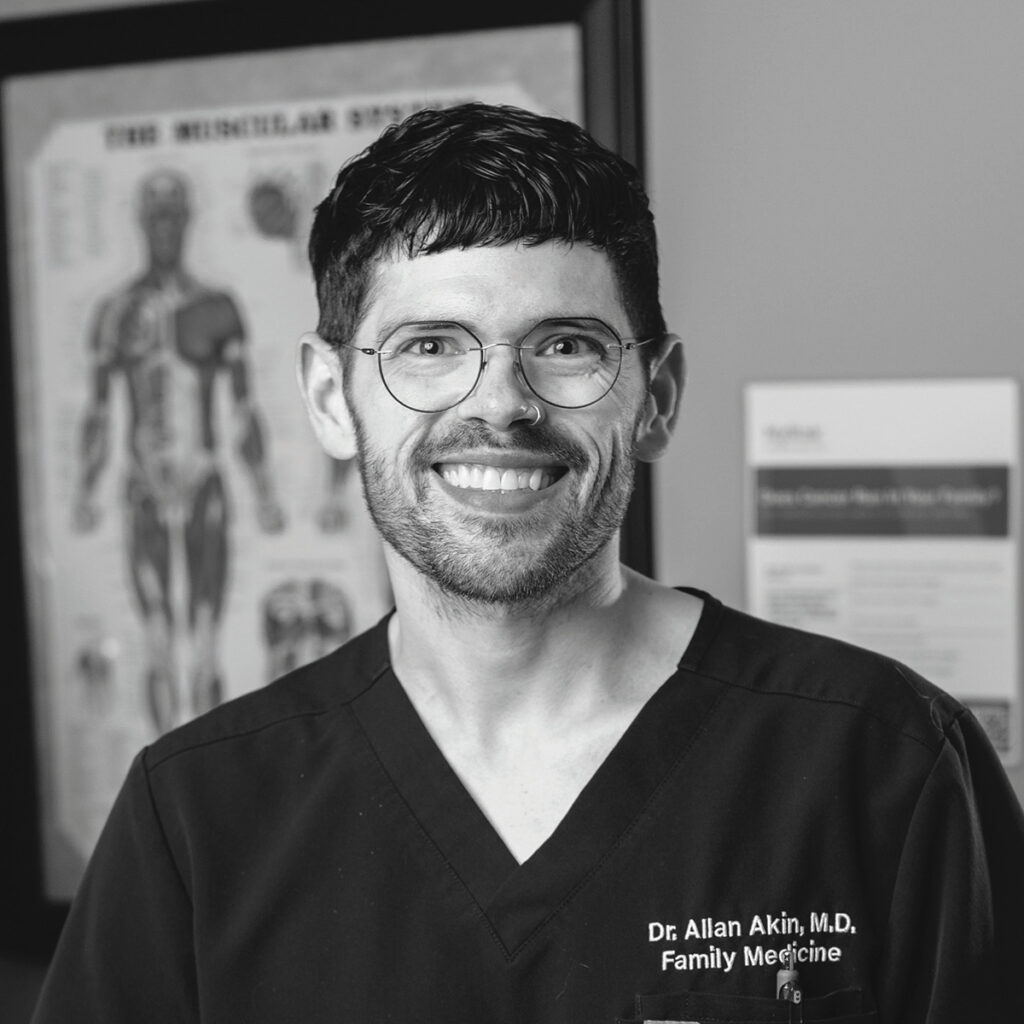Q. My husband and I both wear glasses, so I imagine our kids might have to as well. What are signs to look for, and when should we take them to an optometrist?
A. Kids have nothing to compare their vision to, so most often they don’t realize when they’re not seeing their best. After 6 months of age, parents should watch for any turning of the eyes, squinting, excessive eye rubbing, or delay in development. If your child complains about poor vision as they get older, it’s important to take them seriously. An optometrist can determine if glasses are necessary based on light reflexes – meaning we can distinguish between a want and a need. Often surprising to parents, we recommend scheduling a baby’s first eye exam around 10-11 months. A national health program called InfantSEE provides no-cost eye exams for babies before age 1. Kids should have their next eye exam around age 3, then again before starting kindergarten. Annual eye exams are recommended thereafter. Good eyesight and healthy eyes play a role in everything kids learn, so plan a visit to your optometrist sooner than later!
 Megan Kortum, OD
Megan Kortum, OD
Optometrist
Kapperman White McGarvey Eyecare
kwmeyecare.com
•••

Q. I keep hearing the term ‘mindfulness,’ but what does that really mean?
A. Mindfulness is intentional present-moment awareness without judgment. It is present-moment thought that isn’t riddled with rehashing the past or imagining the future. Try these five ways to practice mindfulness in your day:
EAT MINDFULLY.
Really slow down how fast you eat, think about your meal and your surroundings, and pay attention to the texture and taste of each item on your plate.
TAKE A MINDFUL WALK.
Think about your surroundings. Listen to the sounds around you, and pay attention to the temperature, sunlight, etc. Observe sensations in your body.
OBSERVE YOUR BREATHING.
Breathe from your belly and through your nostrils. Take some deep breaths. Notice your regular breathing.
LISTEN.
While having a conversation, don’t say anything, simply listen.
PICK A PASSION PROJECT.
Do something that you love to do, and don’t put a schedule or time frame on it – simply allow yourself to get lost in it.
 Stephanie Wilkins
Stephanie Wilkins
Executive Director
Center for Mindful Living
centermindfulliving.org
•••
Q. I’ve started to notice my 5-year-old is having trouble concentrating and seems to always be a ball of energy. Could it be ADHD?
A. Some of these behaviors are typical of childhood and are part of growing up and maturing. Other times, these behaviors may interfere with day-to-day routines (i.e., meals, playing with others, school routines/performance) and be a sign that further medical evaluation is needed. Many of the symptoms associated with ADHD can also be indicators of other concerns like sleep disturbances, developmental delays, or hearing and vision difficulties. Thus, seeking expert advice from a professional to complete a comprehensive evaluation of your child’s symptoms, determine where they occur, and the impact on your child’s life is an important step in knowing how to best support your child.
If you are concerned about whether your child might have ADHD, the first step is to talk with your primary health care provider and gather information from other caregivers of the child regarding their behavior in different settings, like at home, school, or with peers. This information, included with guidance from your primary health care provider, may help identify a solution or warrant a referral to a specialist in developmental pediatrics for evaluation, diagnosis, and treatment.
 Cindy Chestaro, MD, FAAP
Cindy Chestaro, MD, FAAP
Developmental Behavioral Pediatrician
Siskin Children’s Institute
siskin.org
•••
Q. I think I have a hernia, but it’s not causing pain. Will it go away on its own?
A. The straightforward answer is no; a hernia will not go away on its own. A hernia is a defect in the muscle and the dense fibrous connective tissue surrounding the muscle, known as fascia. Hernias can form due to trauma or constant stress to the tissues. Trauma to the tissues includes previous incisions through the muscle layers. A hernia will typically either stay static in size or increase over time with more stress to the area. A hernia can be dangerous because portions of the intestines can become trapped in the hernia, causing restricted blood flow and requiring emergency surgery. This can be the case even if the hernia is not normally painful. It is best to get hernias examined by your surgeon and have a conversation about whether surgery is right for you.
 Darren J. Hunt, MD, FACS
Darren J. Hunt, MD, FACS
General Surgeon
USA Hernia Center
usaherniacenter.com
•••

Q. I’ve noticed that my legs have been hurting when I walk. Is this likely just due to the physical activity, or could it be something else?
A. Leg pain one experiences with walking could be due to multiple causes. While fatigue or generalized weakness are common reasons this may occur, there are a number of other potential sources. Peripheral artery disease, or PAD, often manifests itself as pain one experiences after walking. The pain is caused by blockages in the arteries limiting blood flow and the delivery of oxygen to the tissues. This then leads to cramping with exertion. The cramping most commonly presents in the calf muscles of the legs, but can also be found in the buttocks or thighs. Other common causes of pain in the legs while walking or at rest include venous insufficiency, lumbar spinal disease, or even electrolyte imbalances. It may be something you wish to investigate further with your provider, as there are fairly simple tests used to determine the culprit. Regardless, it is never wrong to keep walking and keep exercising!
 William Harris, DO
William Harris, DO
Vascular Surgeon
Vascular Institute of Chattanooga
vascularinstituteofchattanooga.com




